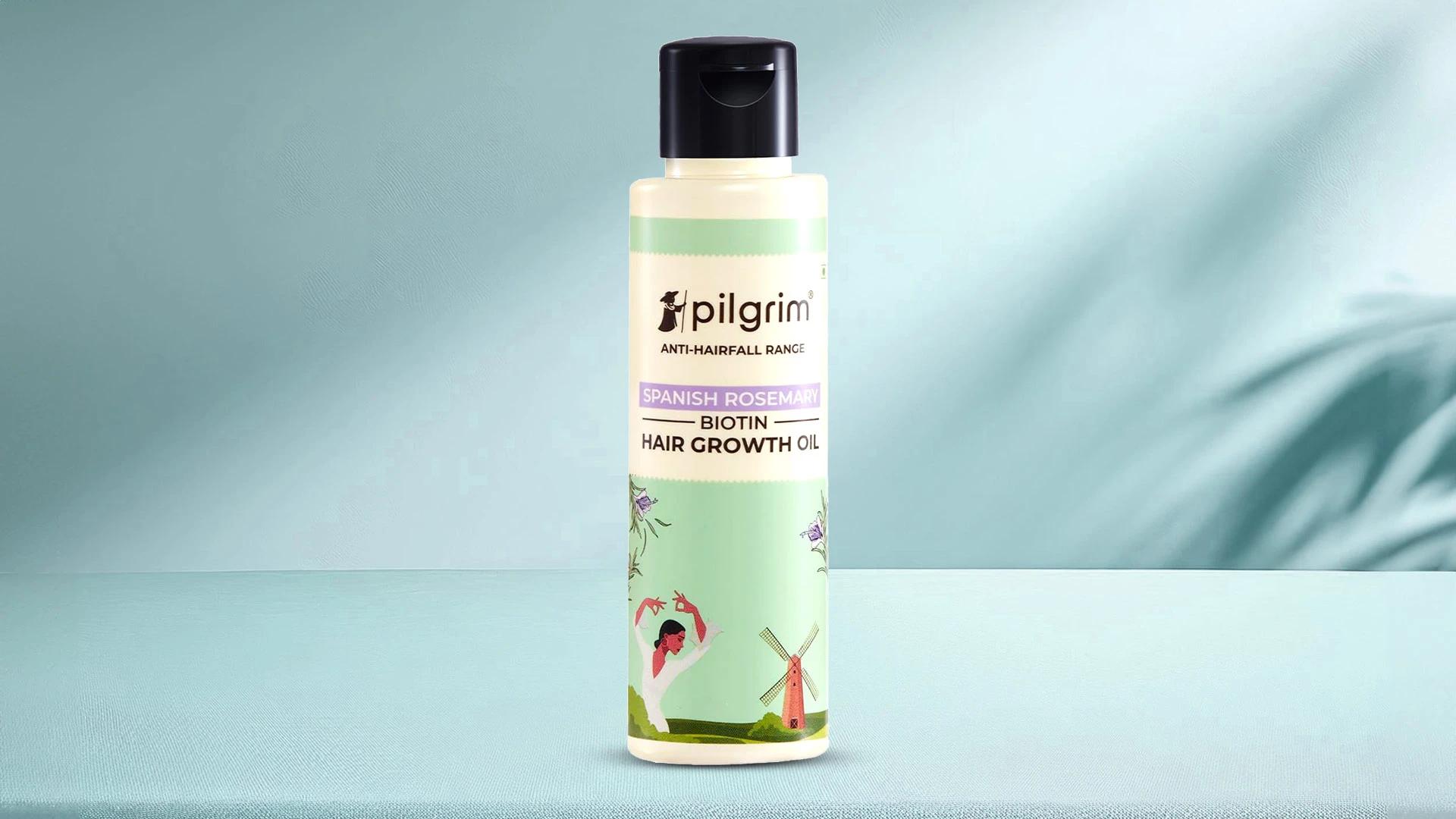Several other essential oils complement rosemary beautifully:
• **Peppermint oil**: Increases circulation and creates a cooling sensation
• **Lavender oil**: Promotes relaxation and has antimicrobial properties
• **Cedarwood oil**: Helps balance oil production and supports hair thickness
• **Thyme oil**: Stimulates the scalp and supports healthy hair growth
Mix 2-3 different oils in your carrier oil blend, keeping the total essential oil concentration within safe limits.
Herbal Infusions for Stronger Hair
Herbal hair care extends beyond essential oils. Consider incorporating these herbs into your routine:
• **Nettle**: Rich in vitamins and minerals that support hair health
• **Horsetail**: Contains silica for stronger, more resilient hair
• **Green tea**: Antioxidant-rich and helps with scalp health
You can make herbal rinses or look for haircare products containing these botanical ingredients.
Nutritional Supplements for Hair Health
What you put in your body matters just as much as what you put on your hair. Hair thickening remedies work best when supported by proper nutrition. Consider supplements like biotin, iron (if deficient), vitamin D, and omega-3 fatty acids. Always consult with a healthcare provider before starting new supplements.
Tracking Your Progress
Monitoring your progress with rosemary oil helps you stay motivated and adjust your routine as needed. Hair growth is a slow process, so having concrete ways to track changes prevents discouragement and helps you celebrate small wins along the way.
Setting Realistic Expectations
Let's be real about timelines—hair grows roughly half an inch per month under ideal conditions. Don't expect dramatic changes overnight. Most people start noticing improvements in hair texture and scalp health within 4-6 weeks, with visible growth changes becoming apparent after 3-4 months of consistent use.
Methods for Measuring Hair Growth
Track your progress with these simple methods:
• **Photos**: Take weekly photos from the same angles in consistent lighting
• **Measurements**: Use a flexible measuring tape to track length from specific points
• **Hair diary**: Note changes in texture, thickness, and overall hair health
• **Shed count**: Track how much hair you lose during washing and brushing
When to Expect Results
Timeline expectations for rosemary oil results:
• **Week 1-2**: Possible scalp tingling and improved circulation
• **Week 4-6**: Better hair texture and reduced shedding
• **Month 2-3**: Noticeable improvements in hair thickness
• **Month 4+**: Visible length increase and overall hair health improvements
Frequently Asked Questions
Can rosemary oil reverse hair loss?
Rosemary oil can help stimulate hair growth and may slow certain types of hair loss, but it can't reverse permanent hair loss conditions. It works best for temporary hair thinning due to stress, poor scalp health, or inadequate circulation. For significant hair loss, it's worth consulting with a healthcare professional.
How long does it take to see results from using rosemary oil?
Most people start noticing improvements in scalp health and hair texture within 4-6 weeks of consistent use. Visible hair growth typically becomes apparent after 3-4 months. Remember, hair growth is naturally slow, so patience is essential for seeing real results.
Is rosemary oil suitable for all hair types?
Rosemary oil works well for most hair types when properly diluted. However, people with very oily hair might find it makes their scalp greasier, whilst those with very dry hair often see excellent results. The key is adjusting your carrier oil and frequency based on your specific hair needs.
Can I leave rosemary oil in my hair overnight?
Yes, you can leave properly diluted rosemary oil in your hair overnight, but it's not necessary for effectiveness. If you choose to do overnight treatments, use a very light dilution and protect your pillowcase with an old towel. Some people find overnight treatments too heavy for their hair type.
How does rosemary oil compare to minoxidil for hair growth?
Some studies suggest rosemary oil can be as effective as minoxidil for certain types of hair loss, but with fewer side effects. However, minoxidil is a proven medical treatment, whilst rosemary oil is considered a natural remedy. For serious hair loss concerns, discuss both options with a healthcare provider.
Key Takeaways
Rosemary oil for hair offers a natural, research-backed approach to supporting hair growth and scalp health. The key to success lies in consistent use, proper dilution, and realistic expectations. Start with 2-3 applications per week using a 2-3 drop per tablespoon dilution ratio, and give yourself at least 3-4 months to see significant results. Remember that rosemary oil works best as part of a holistic approach to hair health that includes good nutrition, gentle haircare practices, and stress management. Whilst it's not a miracle cure for all hair loss conditions, it's definitely worth trying if you're looking for a natural way to support your hair growth goals. The combination of improved circulation, follicle stimulation, and scalp health benefits makes rosemary oil a solid addition to any natural haircare routine.

 15 ml
15 ml 100 ml
100 ml 200 ml
200 ml 15 ml
15 ml